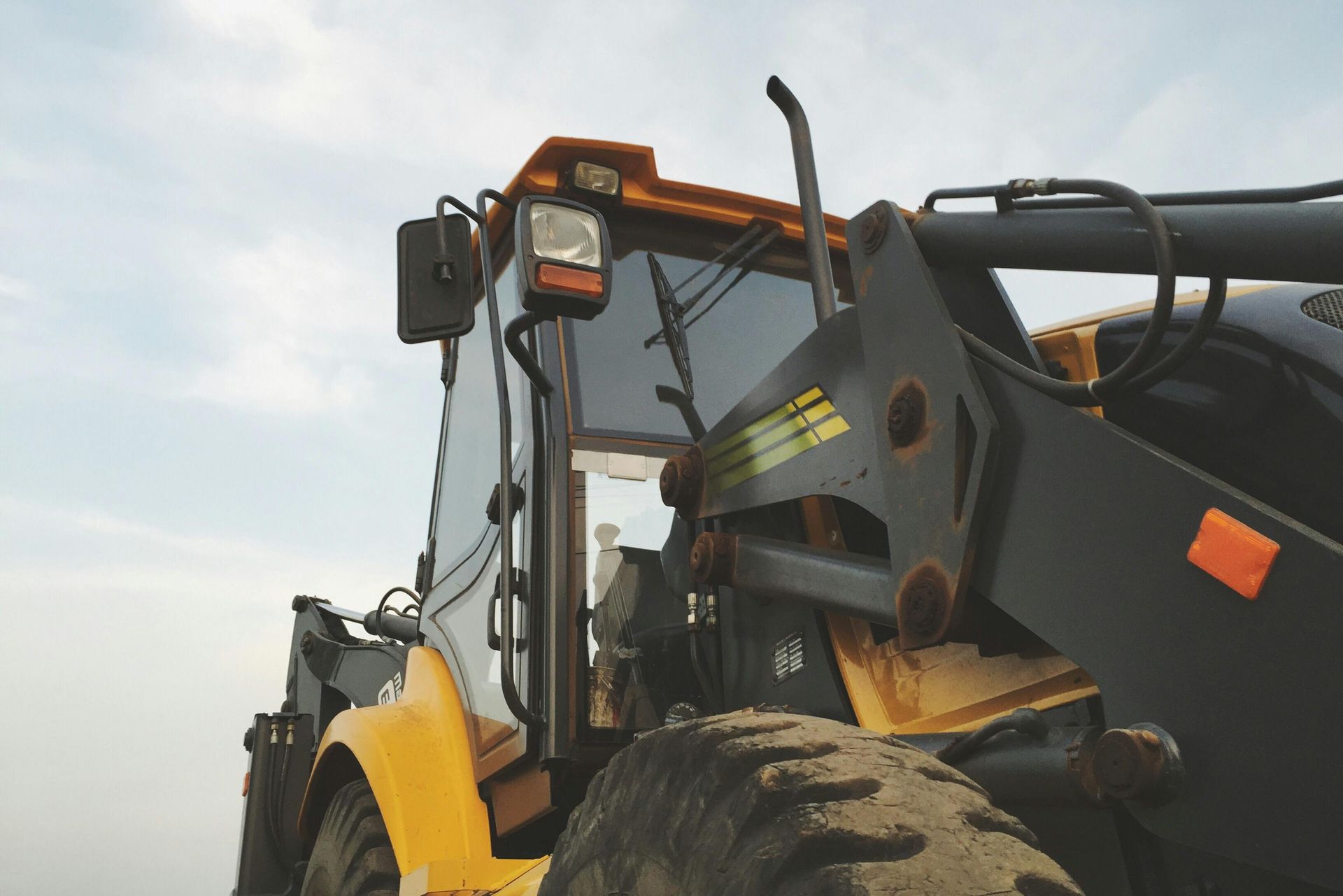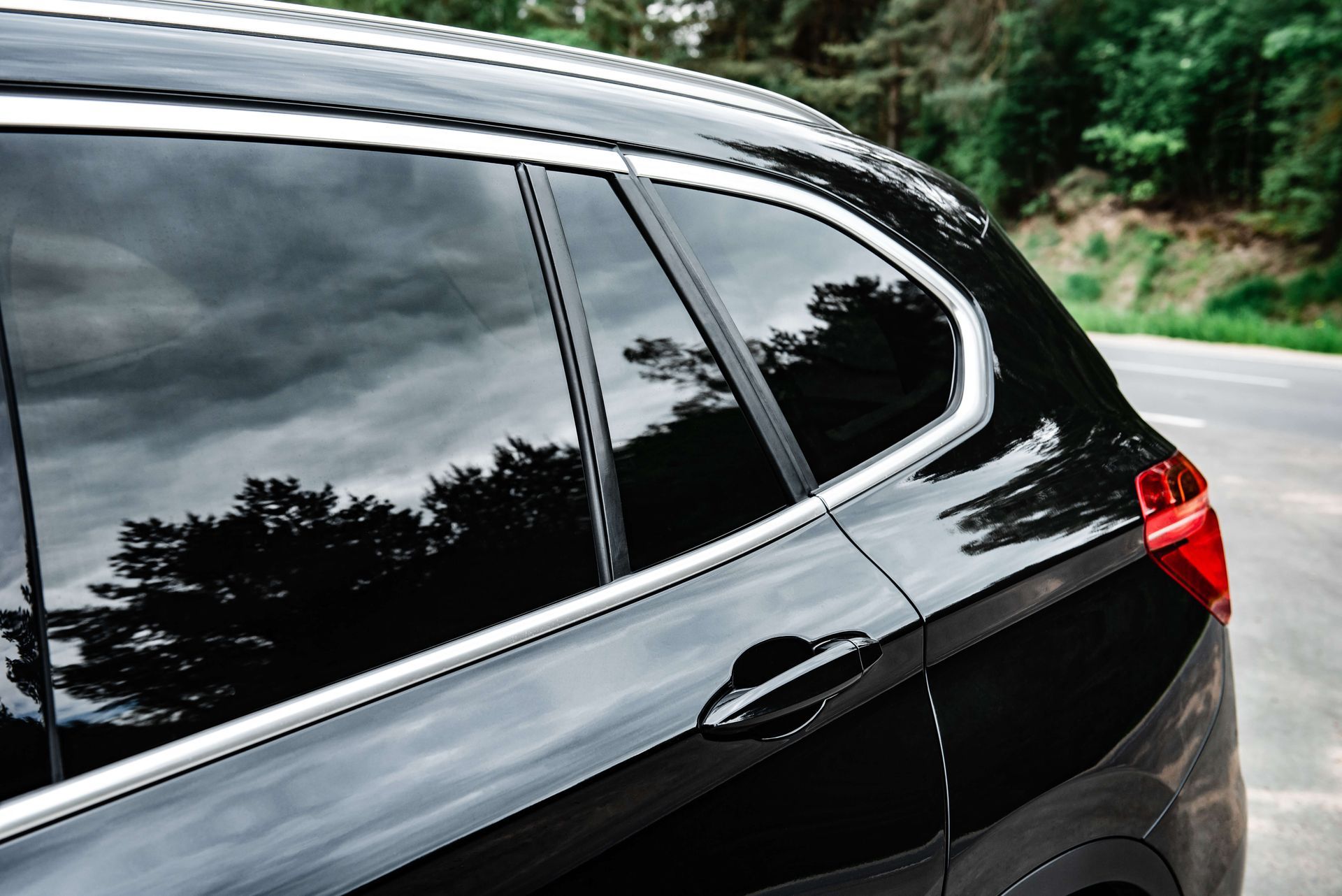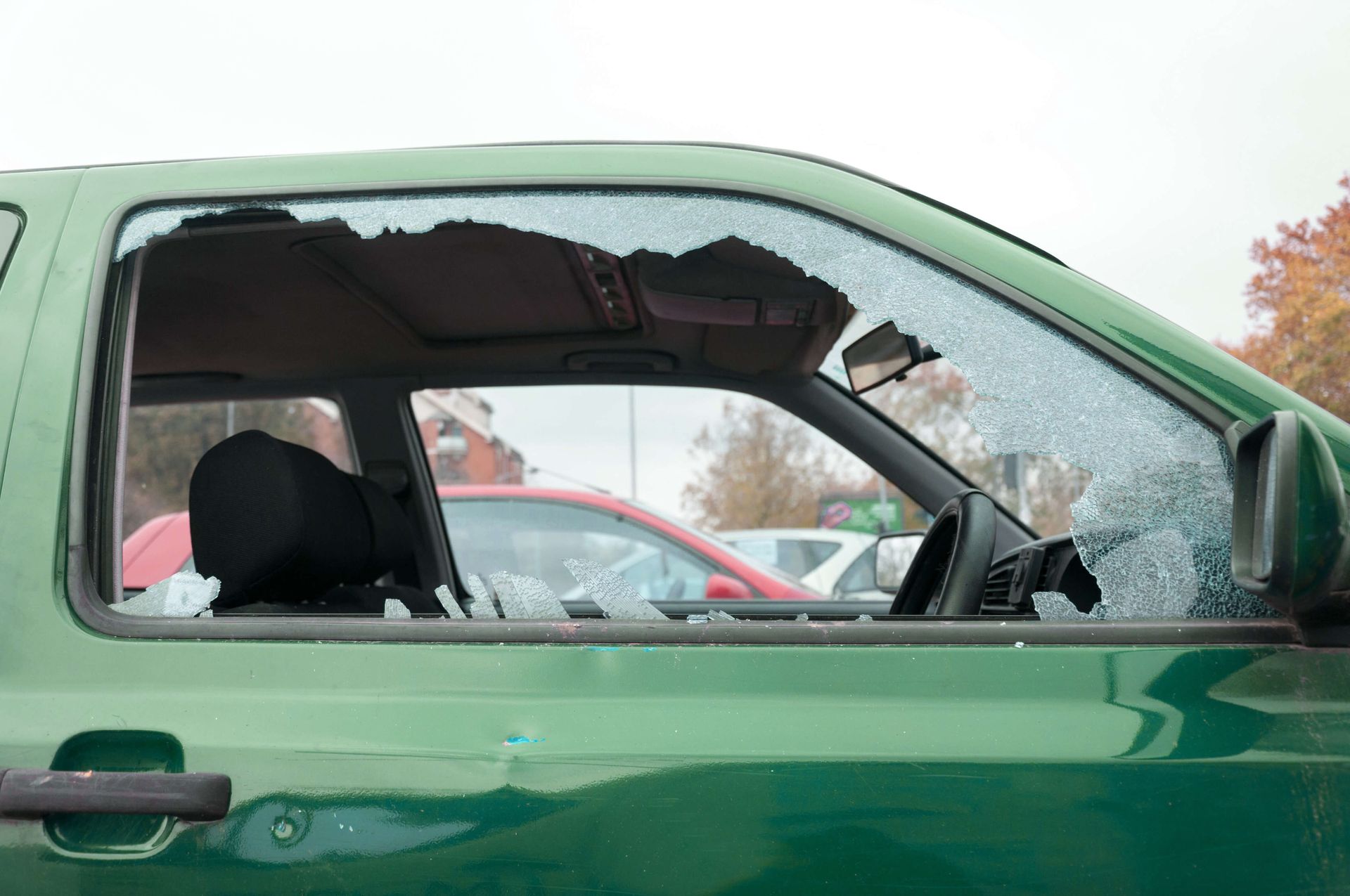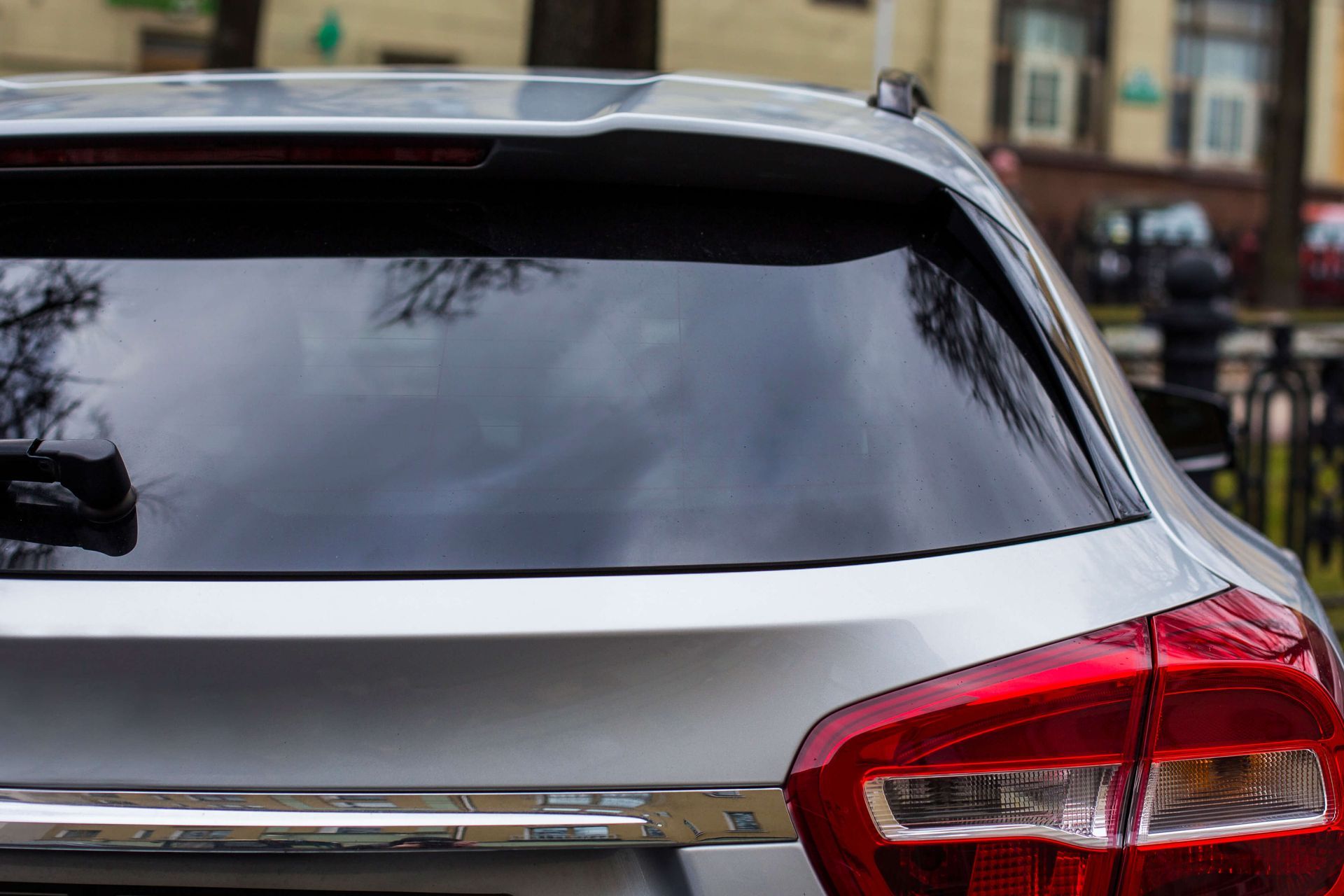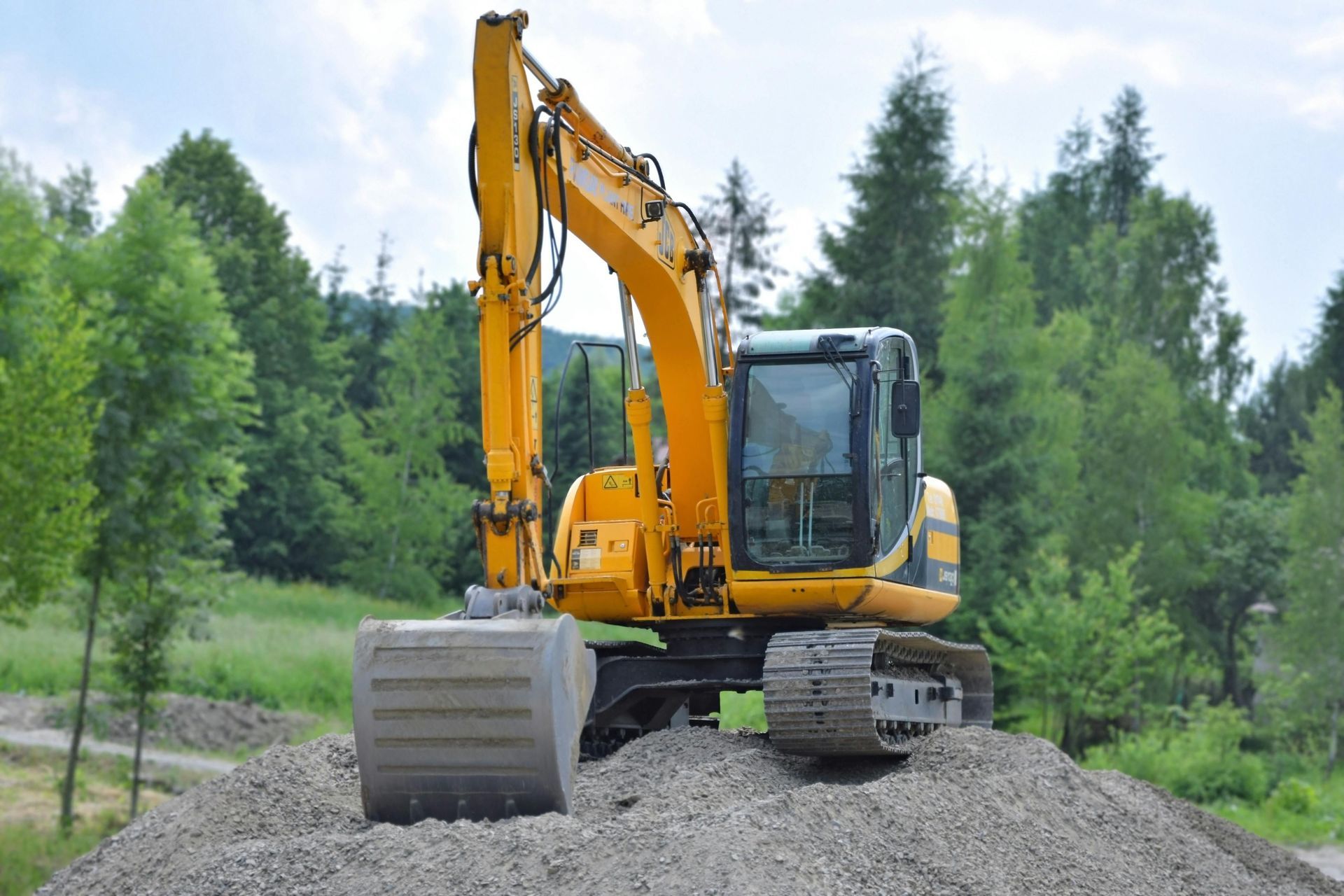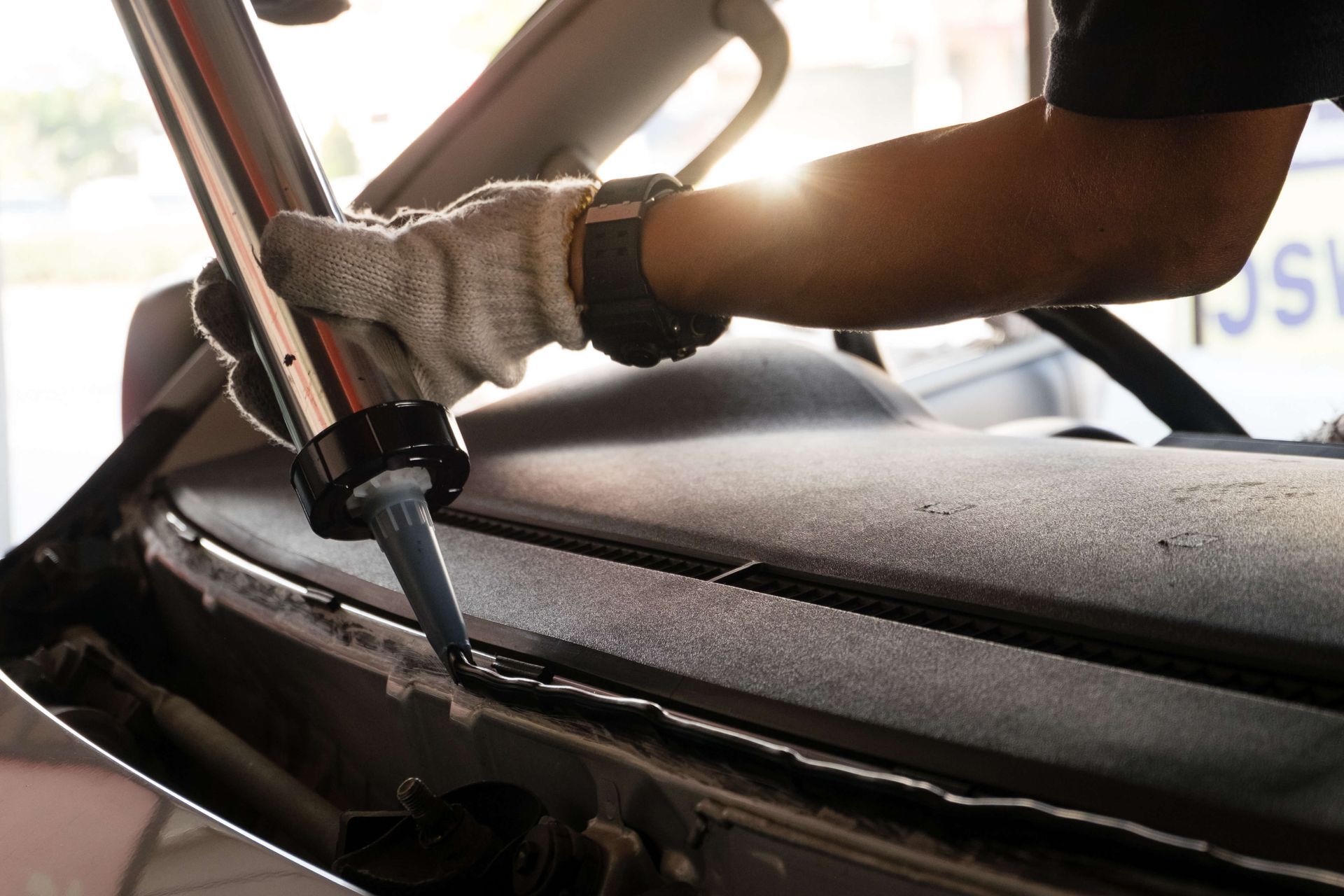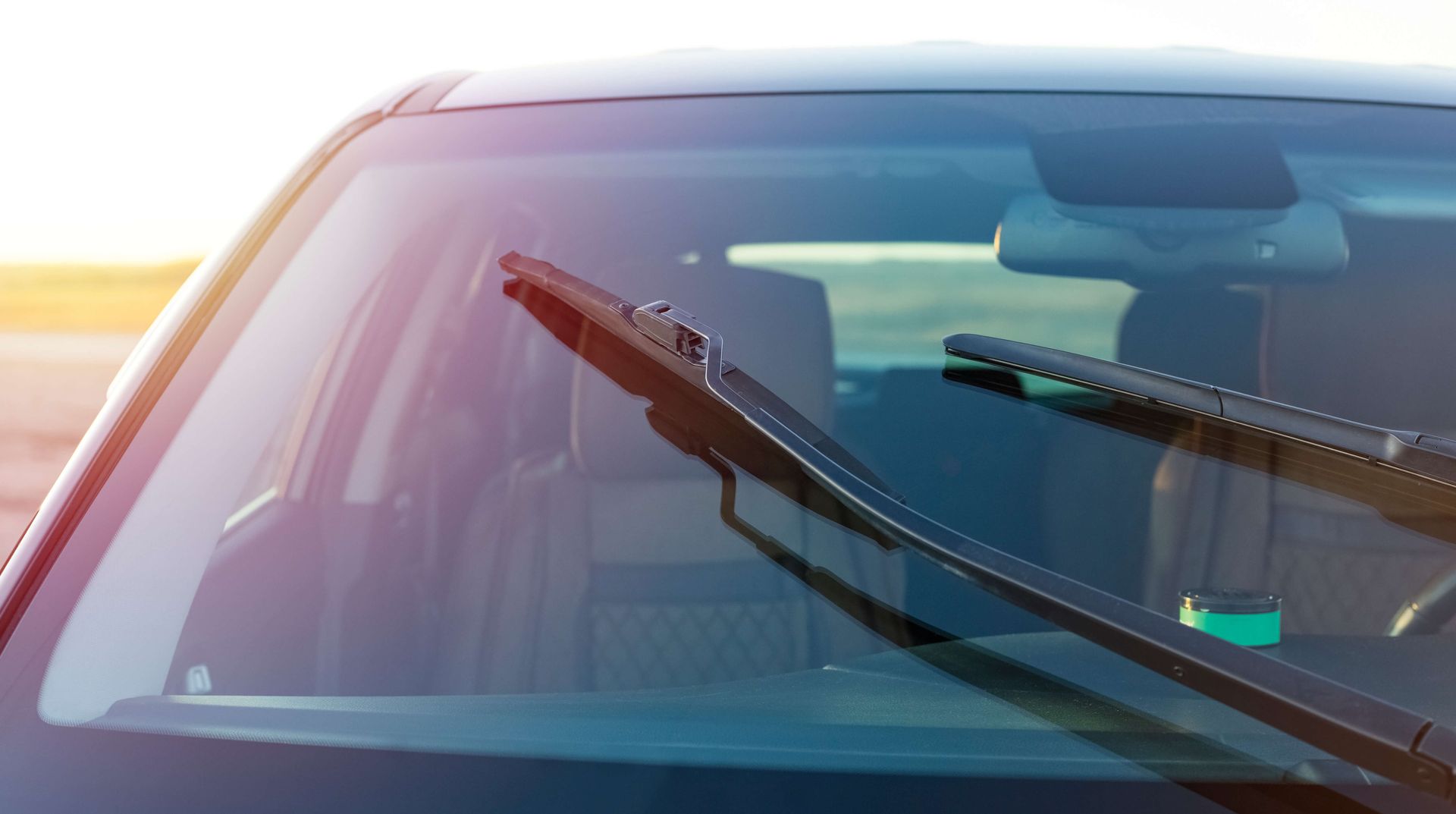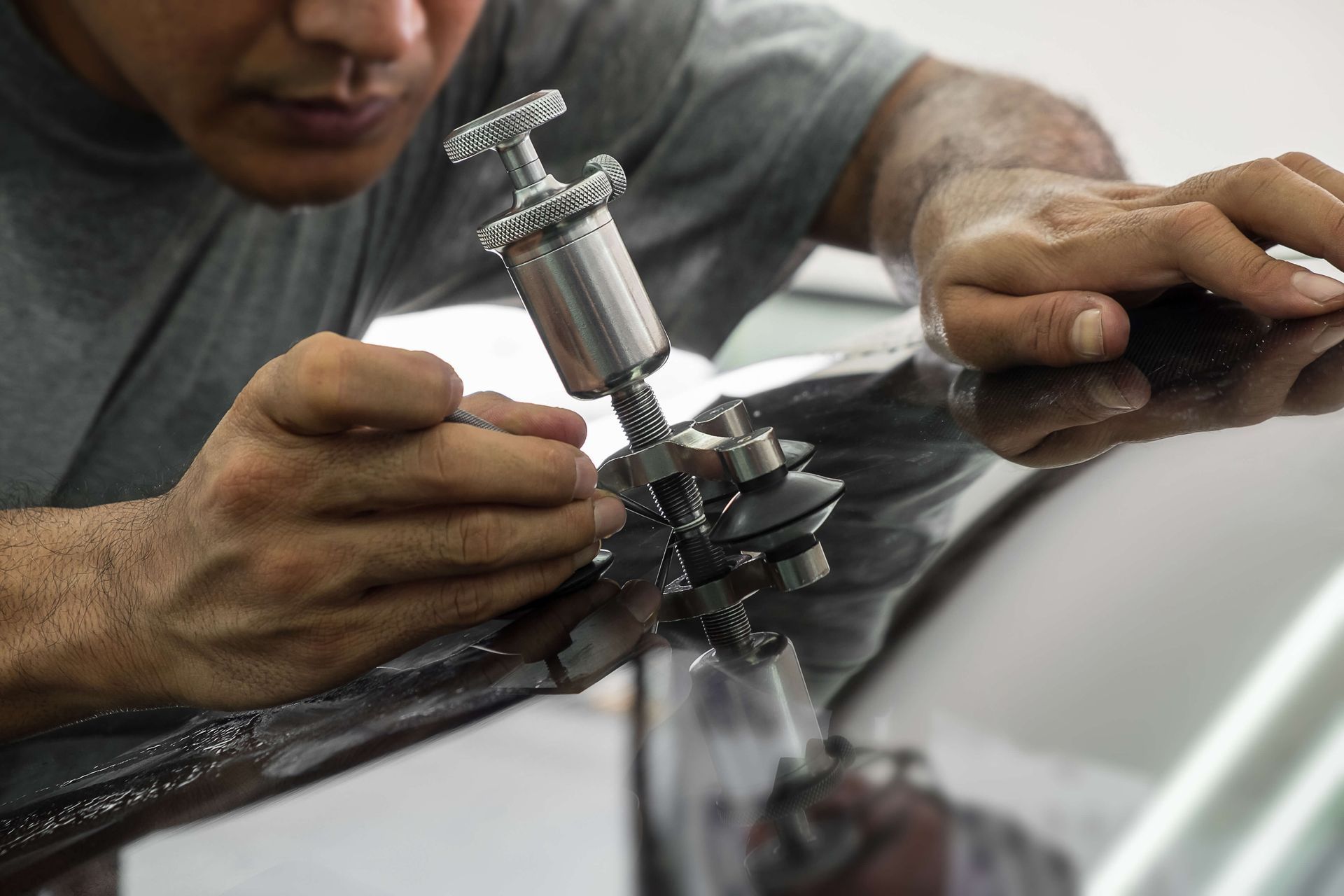info@jdwindscreens.com.au
The Importance of Auto Glass Maintenance for Civil Plant and Machinery: An Informative Guide
Civil plant and machinery play a vital role in industries such as construction, mining, and infrastructure. These machines, including bulldozers, cranes, excavators, and dump trucks, are essential for executing large-scale projects. However, they face challenging work environments where exposure to heavy debris, extreme weather conditions, and constant wear and tear is inevitable.
One crucial aspect of maintaining these heavy civil machines is ensuring the safety and integrity of their auto glass components, such as windshields, side windows, and mirrors. The proper upkeep of these glass components is essential not just for clear visibility but also for the overall safety and efficiency of the machinery. Regular maintenance can prevent costly repairs, enhance safety, and extend the life of the equipment.
Why Auto Glass Maintenance Is Crucial for Civil Plant and Machinery?
Civil plant machinery operates in some of the toughest conditions imaginable. Construction sites, mining areas, and roadwork environments are full of flying debris, dust, moisture, and varying weather conditions. All of these factors can lead to significant damage to the auto glass of these machines, and when neglected, this damage can compromise both safety and operational efficiency.
1. Visibility and Safety Concerns
The safety of the operators and surrounding workers is a top priority. Heavy-duty machinery often operates in confined or cluttered environments, and clear visibility is essential. Damaged windshields, side windows, or mirrors can obstruct the operator’s view and increase the chances of accidents. For example, small chips or cracks on a windscreen may expand under pressure or temperature fluctuations, turning into large cracks that impair vision. Such damage could ultimately result in serious safety risks, making it crucial to maintain clear and intact glass for operator safety.
2. Structural Integrity
Windshields are not just important for visibility; they also contribute to the structural strength of the vehicle. In case of a rollover or sudden impact, a damaged windscreen could compromise the entire frame of the vehicle. It is essential that the glass components are in top condition to maintain the overall safety of the machine and the operators working with it.
3. Weather Protection
Weather conditions, such as rain, snow, and extreme temperatures, can exacerbate the damage to auto glass if not properly maintained. Water leaks through cracks and chips could compromise the internal components of the machinery. For instance, dust and moisture may seep through damaged seals or glass, causing damage to the interior and components that could lead to costly repairs down the line.
4. Cost Efficiency
Neglecting small cracks or chips in the glass might seem like an insignificant issue at first. However, over time, these small issues can escalate into more serious problems that require costly repairs or even complete glass replacement. Prompt maintenance of glass components can help avoid expensive repairs, downtime, and the need for early replacement, thereby saving resources and reducing the overall costs associated with machinery maintenance.
Types of Common Auto Glass Damage in Civil Plant Machinery
Due to the environment in which
civil plant machinery operates, there are several common types of auto glass damage that can occur. Identifying and addressing these issues early can prevent further damage and costly repairs.
1. Cracks and Chips
One of the most common types of damage to auto glass is the development of cracks and chips. These can happen when debris such as rocks, gravel, or metal fragments is kicked up during operation. Over time, even the smallest chip can expand due to the constant vibrations from the machinery and temperature changes, leading to larger cracks. If left unattended, these cracks can seriously impair the operator's ability to see and operate the machinery properly.
2. Scratches
In the construction and civil plant industries, vehicles frequently come into contact with abrasive materials like sand, dust, concrete, and metal. These particles can scratch the surface of windows or windshields. Though scratches might not immediately affect visibility, they can weaken the glass structure over time and lead to a decrease in overall glass strength.
3. Shattered Glass
Heavy-duty equipment, such as cranes and bulldozers, often operates in environments where falling debris, collisions, or extreme impacts are common. In such cases, the glass may shatter, creating immediate safety risks. Shattered glass can lead to serious injuries to operators or other workers on-site, and replacement is necessary to maintain the integrity of the machinery.
4. Seal Damage
Damaged seals around windows and windscreens can allow water, dust, and dirt to seep into the vehicle’s interior. This can cause rust, electrical issues, or even damage to internal components. In many cases, worn-out seals may be the reason for leaks, and replacing the seals early can prevent bigger issues.
How to Maintain Auto Glass in Civil Plant Machinery?
While replacing damaged glass is one option, there are ways to prevent damage to the auto glass and increase the lifespan of the machinery. Proper maintenance of auto glass not only improves visibility and safety but also contributes to reducing repair costs over time.
1. Regular Inspections:
Routine inspections of your machinery’s auto glass can identify small chips, cracks, or seal issues before they escalate. Early detection of these problems makes it easier and less expensive to carry out repairs. Inspections should be carried out as part of regular maintenance schedules to ensure that all glass components are in good condition and that the seals around the windows are functioning correctly.
2. Keeping the Glass Clean:
Regular cleaning of the windshields and windows ensures that debris, dirt, and grime don’t accumulate on the glass. Not only does this maintain visibility, but it also prevents abrasive materials from scratching the glass over time. When cleaning, it is important to use the appropriate cleaning solutions and tools to avoid damaging the glass. Harsh chemicals or rough brushes can inadvertently cause harm, leading to further damage.
3. Use of Protective Films or Coatings:
There are protective coatings and films available that can be applied to the glass to help shield it from dirt, debris, and even minor impacts. These coatings can also help protect the glass from UV rays, which can degrade the material over time. By applying these treatments, you can extend the life of the glass and reduce the need for frequent replacements.
4. Addressing Damaged Glass Promptly:
When you notice a chip or crack in the glass, it is essential to address the issue immediately. Even small chips can expand quickly, and delaying repairs could lead to more expensive damage. Many modern repair techniques allow for quick fixes to minor cracks or chips, restoring the integrity of the glass without the need for a full replacement.
5. Regular Seal Maintenance:
Maintaining the seals around the windows and windshields is critical for preventing water leaks and protecting the internal components of the machinery. Regularly check seals for wear and tear, and replace them when necessary. This simple step can prevent more costly damage and maintain the overall performance of the vehicle.
Addressing Minor Issues Before They Become Major Problems
The key to maintaining the auto glass of civil plant machinery lies in addressing minor issues before they escalate. Small chips and cracks may seem insignificant at first, but they can worsen quickly, especially under the strain of heavy vibrations and extreme temperatures. Repairing these issues as soon as they appear can prevent the need for a full replacement, saving both time and money. Regularly inspect the machinery’s glass to identify any damage early on.
Prompt action can ensure that the equipment remains operational and safe, minimizing downtime and avoiding larger repairs in the future. Additionally, regularly check the seals around windows and windshields to prevent dirt, water, or dust from entering the vehicle's interior. Taking these small steps can make a significant difference in the long-term performance and safety of civil plant machinery.
Get Regular Maintenance for Civil Plant Machinery With JD Windscreens!
The maintenance of auto glass in civil plant machinery is critical for ensuring the safety, functionality, and longevity of these vital pieces of equipment. The demanding work environments in which these machines operate expose them to a wide range of risks, including debris, extreme temperatures, and abrasive materials. Neglecting the maintenance of auto glass can lead to safety hazards, operational inefficiencies, and costly repairs. By addressing minor issues promptly and scheduling regular inspections and cleaning, operators can ensure that their machinery remains safe and efficient for years to come.
Professional auto glass services are also essential for handling more significant damage, offering expertise, specialized equipment, and peace of mind that the job is done right. Contact JD Windscreens to get regular maintenance of your machinery's auto glass.




